- Home
- MURAnews
- Previous issues
- Spring 2017 - present
- Summer 2017
MURAnews Summer 2017
MURANews Summer 2017 issue in PDF format
In this issue:
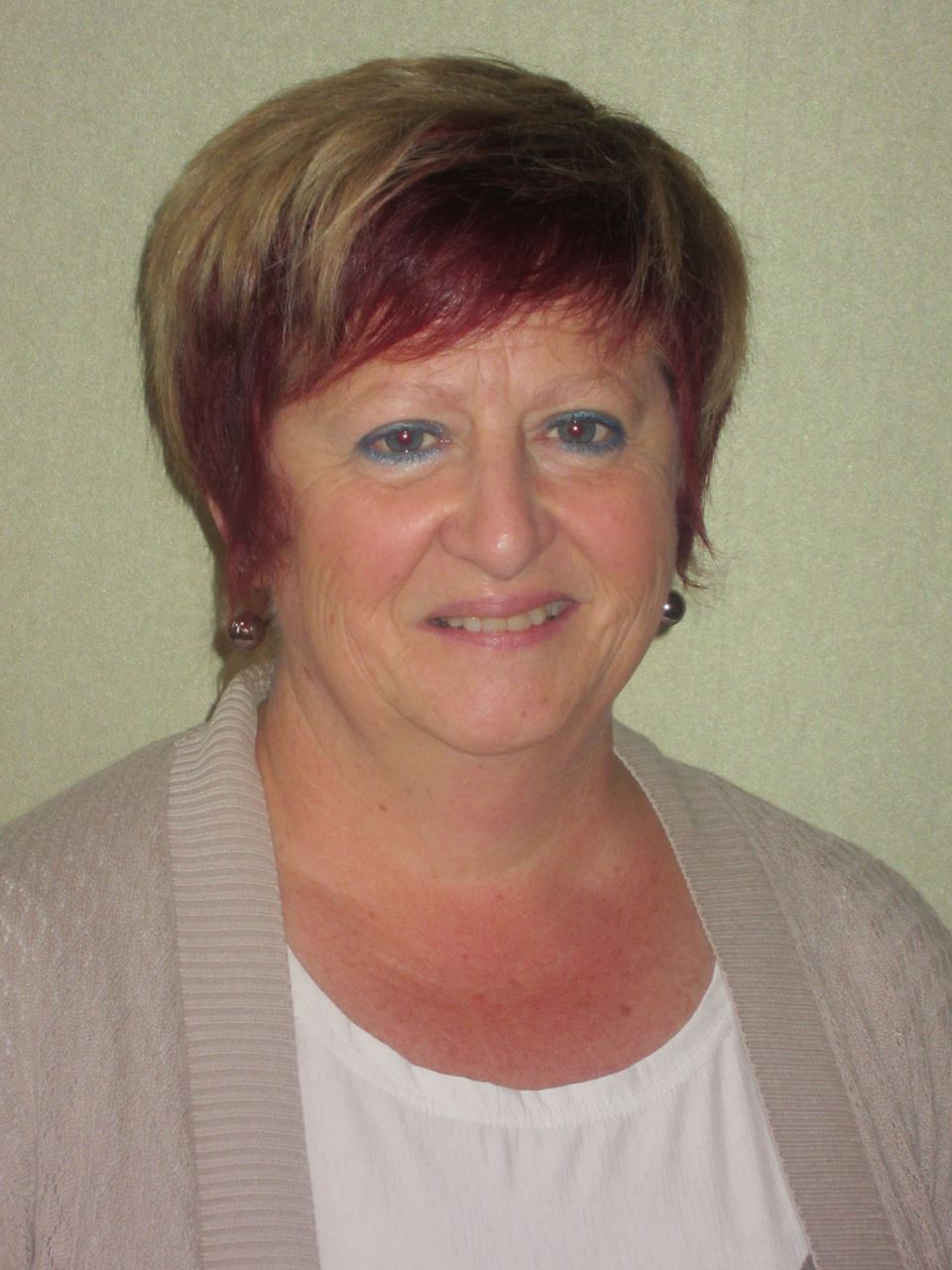
President's ReportAttending the recent meeting of the College and University Retiree Associations of Canada (CURAC) brought into fresh perspective the areas in which MURA is very fortunate, and for which it can be proud. (See Nora Gaskin’s conference report on page 7.) MURA is the largest CURAC member association due to our model of including all employee groups. This model is envied, and just recently has been emulated by the McGill University retirees. MURA is also well placed amongst our fellow associations in that we have the financial support of our active employee groups and the University, so Mac retirees do not pay dues for MURA communications and activities. If you have the opportunity, please ensure your respective employee groups know that you appreciate their support. MURA’s best resource is our members. As you know, retirees have lots of ways to spend their time, so having a Council and committee members who dedicate some of that precious resource, as well as their wealth of knowledge and expertise, for our collective benefit is worth a hearty thanks. We encourage any of you who may be interested in exploring where you could contribute, or have ideas you think would be of value or interest, to contact any member of Council. On behalf of MURA and especially the MURA Council, I would like to acknowledge Les King’s most capable leadership as President over the past two years. We also owe Mary Johnston a huge debt of thanks not only for her many years in various Council roles, most recently as Past President, but also as our CURAC liaison. Goodbye and well wishes as well to Dianne Bird who served on Council for 3 years. And a special note of appreciation to Sue Spence, who took on the role of Auditor on very short notice after the untimely death of Bob West. Your 2017/18 MURA Council is listed below. Welcome to our new Councillors John Horsman and Shep Seigel. I look forward to working with the new and continuing members of Council in the year ahead.
Retiree Benefits ReminderThe benefit year-end is June 30th. Be sure all benefit claims dated from July 1, 2016 to June 30, 2017 are submitted to Sun Life no later than September 30, 2017. Late claim submissions will not be reimbursed. Review all responses you receive from Sun Life and follow up with them at 1-800-361-6212 if there is any question regarding accuracy (e.g. denial of a claim due to excess of maximum limit). If you still have questions regarding your benefits after contacting Sun Life, please contact the HR Service Centre at 905-525-9140, ext. 22247 To find out more details on your benefits or how to submit claims electronically, visit the McMaster Human Resources Retiree Information page. 2017 MURA Annual General Meeting
Nancy showed us a map of the bay and how it was reduced to 2/3 of its original size after being filled for industrial purposes, starting in the 1890s. Industry, commerce, the railroads, and the city‘s water system which used the harbour to “flush” waste water all lead to massive pollution of the water and surroundings. Meanwhile Hamilton residents, most notably those in the North End, continued to use the Bay extensively as their recreational area. Starting with local recognition of health issues and the need for a more balanced use of the harbour in the late 1950s, and continuing until this day with the Cootes to Escarpment Ecopark System initiative, restoration of the damaged harbour environment continues. Following Dr. Bouchier’s presentation, MURA President Les King called the business meeting to order during which vacancies on the 2017/18 Executive and Council were filled. ExecutivePresident: Heather Grigg
CouncillorsServing until 2018: Gail Britton, Dianne Coventry, Nora Gaskin New MURA Council Members(in their own words)
John is married to long-time McMaster employee Morag Horsman. They have two children and two grandchildren. John’s post-retirement activities include their garden, photography, travel, reading, staying active with a regular workout routine , and spending time with the grandchildren. Shepard Siegel received his PhD in Psychology from Yale University, joined the McMaster faculty in 1968, and Parking UpdateMcMaster Parking Services introduced new transponders in summer 2016. The current and only valid transponder that will grant you access to gated parking lots is a Nedap Transponder, shown below.
BACK 12 Month Parking Permit Expiry/RenewalAs of 2016, all retiree parking permits are set to expire annually (i.e. every 12 months) unless renewed. Retirees must contact the parking office every year to have their permits renewed. You will not receive a reminder prior to your permit expiring, so you will need to note your renewal date this year, and renew next year prior to that date. Retirees cannot enter or exit parking lots with expired Nedap transponders, or with older style transponders. Until August 25, 2017 parking attendants will allow manual entry and exit for retirees whose parking permits may have already expired, to provide time for retirees to request renewals and have them set up. After that date, retirees who come to campus with an expired permit will have to pay to park until they renew their permits. If you received a Nedap transponder during or after the transponder exchange in summer 2016, your permit to park will expire 12 months from date of receipt. Retirees can renew* their parking permits by email or by postal mail.
Email renewal can take 2-3 business days to process; you will be notified via email once it has been processed. Please ensure that you renew on a timely basis to avoid service disruption. Charge for New Transponders as of September 1, 2017The deadline to exchange an old transponder for a new Nedap transponder free of charge is August 31, 2017. As of September 1st, all retirees will be asked to pay the full price of $40.00 for a new Nedap transponder whether or not they have previously held a transponder. Retiree Access to Parking LotsRetirees with valid parking permits have universal access to all lots except:
If you have any questions or are unsure if your transponder is valid please contact McMaster Parking Services at (905) 525-9140 ext. 24232 or by email at parking@mcmaster.ca. * Information required for permit renewal:
Don't believe the hype:6 tips to identify trustworthy health information(courtesy of the McMaster Optimal Aging Portal) It seems like almost every day we hear about the “latest, greatest” new study, publicizing the benefits of a new cure, treatment or anti-aging solution. However, very few of these studies are as impressive as they sound. It is a good idea to be cautious about trending health topics in the news. If you unknowingly base a health decision on a recommendation that has no scientific research to back it up, is based on very poorly conducted studies, or — even worse — disregards good quality studies suggesting their claims are wrong, you are unlikely to find that recommendation lives up to its hype. Unfounded health recommendations might even be harmful to your health. Learning to recognize credible advice supported by the best available research will help you make informed choices that are most likely to benefit you. Tread with caution: “A new study shows…”Ask these six questions to critique the latest “miracle solution” you read about in the headlines.
If in doubt... check with the McMaster Optimal Aging PortalBlog posts and evidence summaries on the McMaster Optimal Aging Portal are based on high quality systematic reviews. These are the most trustworthy research findings that compare the results of many studies exploring a common research question. The authors look for similarities between the single studies and make conclusions based on all the findings combined. The best reviews include all available studies on a topic, and give more weight to the highest quality studies. Web Resource Ratings on the Portal’s web site also do the homework for you. They assess the quality of online healthy aging resources based on a 5-star rating scale, to help you identity good quality information and make informed health decisions. The McMaster Optimal Aging Portal is your source for information that you can trust. Visit the McMaster Optimal Aging Portal to find out more. Order of Canada AppointmentsTwo McMaster retirees have been recognized by the Governor General of Canada as new recipients of the Order of Canada in 2017, the 50th anniversary of the Order. One of our country’s highest civilian honours, the Order of Canada recognizes outstanding achievement, dedication to the community and service to the nation.
Peter Dent, professor emeritus of pediatrics, was appointed a Member of the Order for his
For more information, see:
Hamilton Spectator: John Bandler Named to Order of Canada McMaster Daily News: Peter Dent Named Member of Order of Canada Last Call for MURA Day Trip: The Madness of George III at the Shaw FestivalThere are still seats available for the MURA day trip to the Shaw Festival on Tuesday, October 3rd, 2017 to see The Madness of George III. For full details see this article in the Spring issue of MURAnews, or our event description. Total cost, including theatre ticket, all taxes and tip for the driver, is $100 per person (lunch not included). To register or for more information, please contact Mary Johnston at johnston@mcmaster.ca or 905-627-1409. Registration for this trip closes on August 11th, 2017. Friends are welcome. Update: The trip has been cancelled for lack of enrollment. We apologise to the people who did sign up. Please contact Mary Johnston if you have concerns. Doing It Yourself: Self-Publishing- by Marianne Van der Wel The 21st century is giving us many previously unavailable options for “doing it yourself”. Self-publishing is one of these. It is still relatively new, but growing fast. You can put your family history, personal stories, favourite recipes or vacation photos in printed book form under the Christmas tree for your grandkids. You can become an author for personal development, for fun or as a career without having a conventional publisher. Your self-published book can appear in electronic form for e-readers, in printed book form, or both. I have looked at three books, available at the Hamilton Public Library, that explain the self-publishing process:
As for seminars and webinars, I have found quite a few online. There are also meet-up groups. Hamilton's own Mohawk College offers courses such as “Writing for Publication – 123” as part of a certificate program. Whether writing for personal reasons or a career move, there are many companies available to help you develop your book from the original idea to a finished product. One example is Lulu.com, a company started by Hamiltonian Bob Young. Please do your own research to find a legitimate company that is the right fit for you. Another route would be to produce your own PDF (Portable Document Format) file and take it to your local printer. To market a printed book locally, your best bet may be to check out independent small retail booksellers. The ones I have talked to take a 20% fee from your selling price, will stock only a few copies for a limited time, and require you to sign a contract. To cast a wider net, including the e-reader community, you will likely need to go to online chain bookstores. I am experimenting with self-publishing my autobiography on what it is to have a serious illness and my trial-and-error journey in med-free Healthy Aging. Stay tuned.
Helen Barton, who worked in the Office of the Registrar, sings alto with the Kaleidoscope Singers. They’re hoping fellow retirees will join their musical groups.
This group of a dozen or more amateur musicians get together to play early music on recorders and other early instruments for the enjoyment of both the members and the public. The group is looking for recorder players (or other early music instrument players) with some experience and the ability to read music to join them. Weekly rehearsals are held on Mondays at 2:00 pm at Grace Lutheran Church in West Hamilton. Expenses are offset by members paying a small annual fee. Contact director@rosewoodconsort.ca or call Nan or Bob at 905-648-5607. Want to hear The Rosewood Consort perform? You’re welcome to attend their Christmas concert on Sunday, December 10, 2017 at 3:00 pm at Grace Lutheran Church, 1107 Main St. W., Hamilton. There is no admission charge, but a free-will offering will be appreciated. Additional information and performance dates are available at the Rosewood Consort web site. The Kaleidoscope Singers started in 1967 as the Hamilton public school board’s female teachers choir. It has The choir is looking for new voices for all parts — soprano, alto, tenor and bass. Experience with reading music is an asset. Please feel free to sit in and see if the choir is a fit for you. Weekly rehearsals are held on Mondays at 1:30 pm at St. Andrew’s United Church, 479 Upper Paradise Rd., from September to June. Choir expenses are offset by members paying a small annual fee. For further information please contact kaleidoscopesingers@gmail.com or call Helen Barton at 905-518-5339. The Kaleidoscope Singers sing for the love of music and seek to share that love with their audiences.
News from the McMaster Alumni Association
The McMaster Alumni Association is excited to announce the launch of their online McMaster Reads book club! They’ve created a community on goodreads.com that you can join here. Each time they add a book to their bookshelf they will also include a podcast interview with the author. After you have read the book you will have the opportunity to ask your questions of the author through the online discussion board. The inaugural read is a Globe and Mail bestseller, The House of Wives, by Mac alumnus Simon Choa-Johnston '72 and member of McMaster's Alumni Gallery. You may read this notice too late to participate for this book as the question period ends the last week of July. As other books are added to the bookshelf, read them, listen to the podcast and then post your questions to the author. The next book will be The Best Kind of People by Zoe Whittall. Please note, this is strictly an ON-LINE activity. Interested in Experiencing the World?Check out the 2018 McMaster Alumni and Friends Travel Program Working with reputable travel partners, the McMaster Alumni and Friends Travel Program offers a variety of trips, enhanced by knowledgeable lecturers and experienced travel directors. For a complete list of the many trips planned for Fall 2017 through late 2018 , visit: To request a 2018 travel brochure, additional information or to be added to the mailing list, contact the Travel Alumni Officer at 905-525-9140 ext. 24882 or mactrav@mcmaster.ca. The brochure is available for download. Report from the 2017 CURAC Conference
Connecting with representatives from other retiree associations gave us some good ideas about programs and initiatives that MURA could undertake in the future, and also brought home to us how fortunate we are to have in MURA such a long-standing, well-funded, and inclusive retiree association. Some of the speakers were outstanding enough to merit their own MURAnews articles, but for now, here’s a sample of the best presentations:
Presentation descriptions and slides are available online. In 1995, after thirty years as a faculty member, Peter George accepted the appointment of President of McMaster University with unprecedented enthusiasm. It was the job he always wanted. A dream come true.
I really wanted to impress the new boss on his first day so I decided to go to work earlier than normal. It would be great if Peter could see my car in the lot when he arrived. I pulled in at 6:30 am and Peter's car was already there! I tried the same thing the next day. Same result. For the next fifteen years, the times I beat him in to work were few and far between. His tireless work ethic inspired everyone around him to make McMaster the very best it could be. Shortly after taking office, Peter was faced with an unexpected challenge. Premier Harris's Common Sense Revolution meant a 10% operating budget cut overnight for McMaster. Peter understood that we were going to need private financial support if the University was to move ahead in the way he envisioned. At a time when the rest of the University was experiencing significant cuts, Peter insisted on a budget increase for Advancement activities. He believed that we could continue to be a really good Canadian university with government funding alone, but with private support we could become a world leader. That is what he wanted and that is exactly what happened. During his first two years as President, Peter travelled tirelessly with the Advancement team, telling the McMaster story of a "Student Centred Research University" to philanthropists, corporate leaders, Premiers, Prime Ministers and McMaster Alumni. The results of Peter's leadership are visible in the Student Centre, the Stadium, the Athletics complex, the new academic buildings and the David Braley Health Sciences Centre, a cornerstone for Hamilton downtown redevelopment. Peter believed that a strong McMaster would lead to a stronger Hamilton. However, his vision for private support went well beyond new buildings. The endowment fund that Peter championed allowed students to received scholarships and bursaries and is now approaching 700 million dollars. It started at 90 million dollars in his first year. These funds also allowed for the creation of more than 70 Endowed Professorial Chairs. Having the funds to attract and keep the best and brightest faculty to teach in the best possible facilities, while preserving a caring student environment -- that was Peter's vision. Peter took a genuine interest in students, and was especially fond of McMaster athletics. He was in the same seat at every football game and you could spot him in the bleachers at most basketball games. He could also be seen standing in the rain watching soccer or lacrosse. He loved it all. Peter's legacy was recognized in May when the McMaster Advancement team, under the leadership of Mary Williams, arranged a special convocation. He received his Honorary Degree, and was recognized with a building to be named in his honour. The Peter George Living and Learning Centre, he told those in attendance, is like a tree that he has planted, but will never sit under. It is for future generations. Thank you Peter. We will not forget you.
Volunteer OpportunitiesDon’t want to volunteer alone? Sign up with a friend. Memory Visiting Volunteers — Volunteer Halton. One visit a week can bring a lonely senior a huge sense of worth and happiness. A little social contact can help isolated seniors with their recall of daily details. Contact Joanne Berrigan, Memory Visiting Program Coordinator, Acclaim Health: 905-827-8800, ext. 2317 or jberrigan@acclaimhealth.ca Friendly Visiting — Dundas Community Services. Providing companionship and support to help seniors and persons with disabilities retain their independence, this program helps individuals maintain social interaction with the community and lessen isolation. Visits take place at the senior’s home. Seniors and volunteers can enjoy their friendly visits by reading, playing games, arranging a day trip and more. To volunteer or for more information, please call 905-627-5461. New Seniors/Grad Student Co-Housing Pilot ProgramMcMaster Symbiosis McMaster Symbiosis is a co-housing program that matches McMaster graduate students in need of low cost housing with local seniors who can offer a clean, furnished bedroom in their home or apartment in return for a bit of extra support and company. Personalized matches offer students a low cost room or a free room in exchange for helping the senior with some basic tasks such as groceries, yard work, etc. The goal is to match 5-10 student/senior pairs for the pilot phase (September 2017 to May 2018). If you are interested in learning more, please contact Soumeya or visit the McMaster School of Graduate Studies web page Symbiosis: Grad Students and Seniors Co-Housing Program. Phone: 647-648-4421 Email: symbiosiscohousing@gmail.com
Welcome New Members
Twiddlemuffs are a therapeutic tool used with Alzheimer and dementia patients. These muffs are made with scrap yarn and feature various attached objects which provide stimulation and yet have a quieting effect on restless minds and fingers. I was introduced to this concept at a Family Council meeting at my mother’s long term care facility. The Recreation Director for the home had this to say about them:
I passed the above pictured twiddlemuff on to the Behavioural Supports Ontario organization and they have added several variations to use with their own patient encounters. Those of you who knit may wish to try creating one or many. The Hamilton Alzheimer’s Society would welcome them to pass on to their clients. ▼ Twiddlemuff Knitting InstructionsMaterials
Directions
Finishing
Decoration
|
© 2026 McMaster University Retirees Association | Having trouble with this site? Contact our Webmaster. |
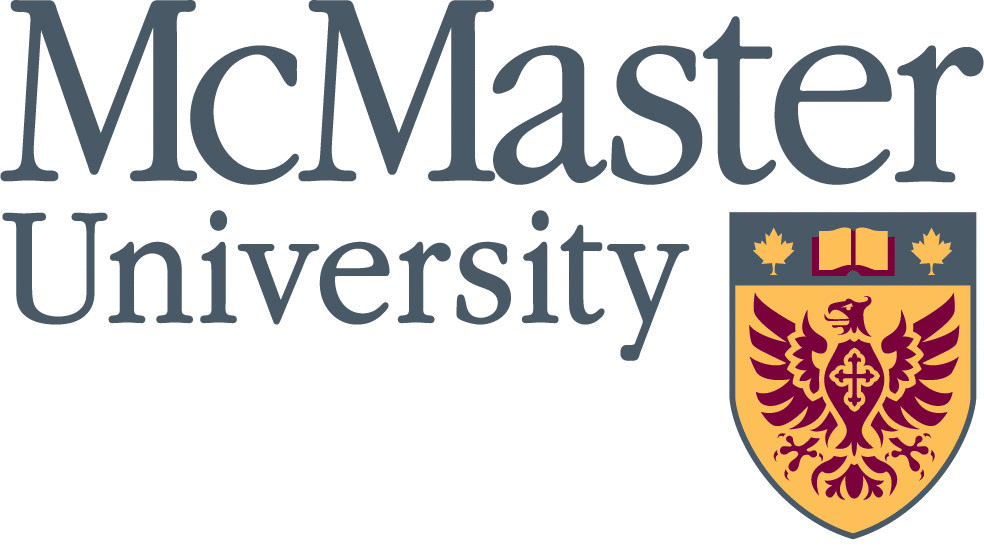
 Nancy Bouchier, Professor of History and associate member of the Department of Kinesiology, gave a very interesting talk about the history and future prospects of the Hamilton Harbour. Nancy and Ken Cruikshank, Professor of History and Dean of Humanities, are co-authors of the book, The People and the Bay: A Social and Environmental History of Hamilton Harbour.
Nancy Bouchier, Professor of History and associate member of the Department of Kinesiology, gave a very interesting talk about the history and future prospects of the Hamilton Harbour. Nancy and Ken Cruikshank, Professor of History and Dean of Humanities, are co-authors of the book, The People and the Bay: A Social and Environmental History of Hamilton Harbour.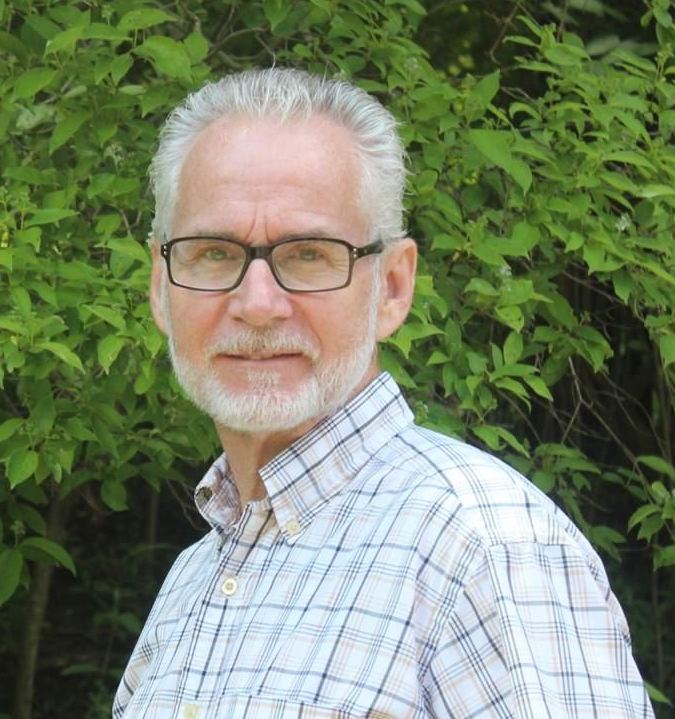 John Horsman retired in 2007 after 27 years at McMaster. John was born and raised in Hamilton and completed his undergraduate degree at Mac in 1970. He returned to work at McMaster in 1981 after working at the Canada Centre for Inland Waters and Canada Post. He started his McMaster tenure in the Computation Services Unit, moved to the Department of Clinical Epidemiology and Biostatistics (CEB) as a research assistant with the Health Utilities Group (HUG), and then spent time in the Department of Medicine and the Geriatric Research Unit before returning to CEB and HUG as a senior research coordinator. John continued to work part-time until 2015 as the world-wide client liaison for Health Utilities Inc. (HUInc), a commercial offshoot of HUG research. He continues his association with McMaster in numerous research studies, most recently in the Department of Kinesiology where he is a test subject in studies of the role of protein in retaining viable muscle fibre in older populations.
John Horsman retired in 2007 after 27 years at McMaster. John was born and raised in Hamilton and completed his undergraduate degree at Mac in 1970. He returned to work at McMaster in 1981 after working at the Canada Centre for Inland Waters and Canada Post. He started his McMaster tenure in the Computation Services Unit, moved to the Department of Clinical Epidemiology and Biostatistics (CEB) as a research assistant with the Health Utilities Group (HUG), and then spent time in the Department of Medicine and the Geriatric Research Unit before returning to CEB and HUG as a senior research coordinator. John continued to work part-time until 2015 as the world-wide client liaison for Health Utilities Inc. (HUInc), a commercial offshoot of HUG research. He continues his association with McMaster in numerous research studies, most recently in the Department of Kinesiology where he is a test subject in studies of the role of protein in retaining viable muscle fibre in older populations.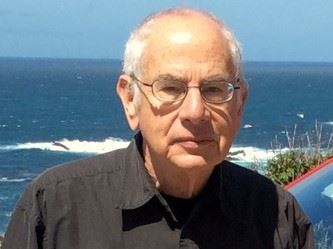 retired in 2005 as Distinguished University Professor of Psychology, Neuroscience & Behaviour. He has served as President of the McMaster Faculty Association (MUFA), and several terms as a member of the University Senate. Three years after retirement he became a McMaster alumnus when he received an Honorary D.Sc. Degree from McMaster. His research has been concerned with the general area of Pavlovian conditioning, particularly the contribution of such conditioning to physiological and behavioural regulation.
retired in 2005 as Distinguished University Professor of Psychology, Neuroscience & Behaviour. He has served as President of the McMaster Faculty Association (MUFA), and several terms as a member of the University Senate. Three years after retirement he became a McMaster alumnus when he received an Honorary D.Sc. Degree from McMaster. His research has been concerned with the general area of Pavlovian conditioning, particularly the contribution of such conditioning to physiological and behavioural regulation.
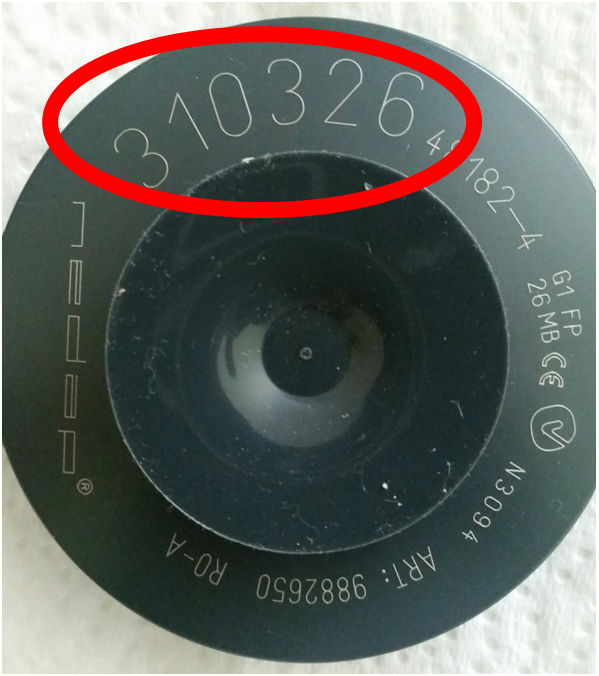
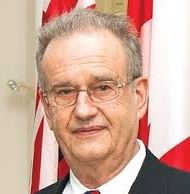 John Bandler, professor emeritus of electrical and computer engineering, was appointed an Officer of the Order for his scientific contributions that have helped to position Canada at the forefront of microwave engineering.
John Bandler, professor emeritus of electrical and computer engineering, was appointed an Officer of the Order for his scientific contributions that have helped to position Canada at the forefront of microwave engineering.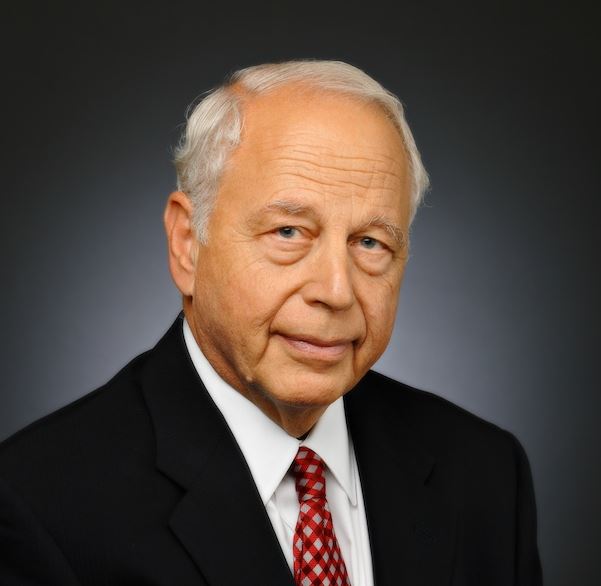 contributions to improving the health of children through his roles in medical education, hospital administration and community service.
contributions to improving the health of children through his roles in medical education, hospital administration and community service.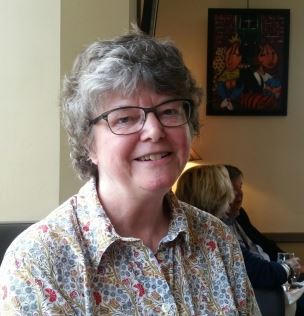
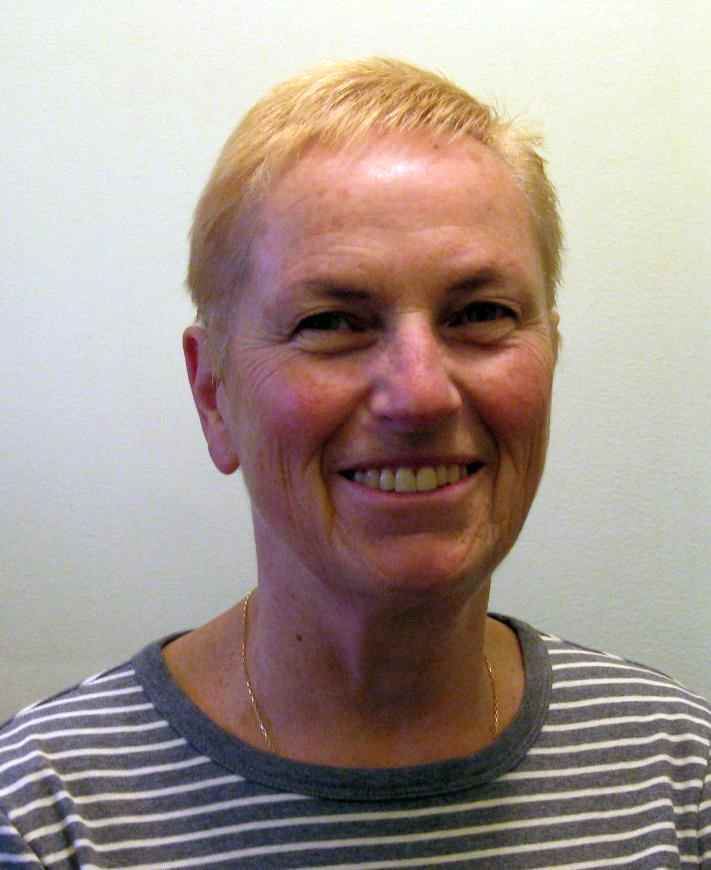
 The Rosewood Consort started in the 1980s at Mohawk College as a recorder group. It is an early chamber music ensemble of amateur musicians playing all voices of recorders from sopranino to contrabass, gamba and harpsichord. They play medieval, renaissance and baroque music, performing in concerts, libraries, schools and historical sites such as Ruthven and Westfield Village.
The Rosewood Consort started in the 1980s at Mohawk College as a recorder group. It is an early chamber music ensemble of amateur musicians playing all voices of recorders from sopranino to contrabass, gamba and harpsichord. They play medieval, renaissance and baroque music, performing in concerts, libraries, schools and historical sites such as Ruthven and Westfield Village. since expanded into a community mixed adult choir that sings seasonal and popular music, theme and show music, old favourites and the works of famous composers. This choir of about 35 members, mostly retirees, performs for community groups, retirement homes and church groups.
since expanded into a community mixed adult choir that sings seasonal and popular music, theme and show music, old favourites and the works of famous composers. This choir of about 35 members, mostly retirees, performs for community groups, retirement homes and church groups. Mark Tuesday, December 5, 2017, on your calendar for MURA’s annual Christmas Lunch. The lunch will be held in the CIBC Banquet Hall on the 3rd floor of the Student Centre on the McMaster campus.
Mark Tuesday, December 5, 2017, on your calendar for MURA’s annual Christmas Lunch. The lunch will be held in the CIBC Banquet Hall on the 3rd floor of the Student Centre on the McMaster campus.
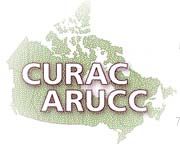 Heather Grigg and I attended the 15th annual College and University Retiree Associations of Canada (CURAC) conference in Ottawa from May 24-26. Held on the campus of Carleton University, the conference was co-hosted by the Carleton University Retirees Association, who were also celebrating Carleton’s 75th anniversary. It was well run, enjoyable and informative, with 71 delegates from college and university retiree associations all over Canada.
Heather Grigg and I attended the 15th annual College and University Retiree Associations of Canada (CURAC) conference in Ottawa from May 24-26. Held on the campus of Carleton University, the conference was co-hosted by the Carleton University Retirees Association, who were also celebrating Carleton’s 75th anniversary. It was well run, enjoyable and informative, with 71 delegates from college and university retiree associations all over Canada.

